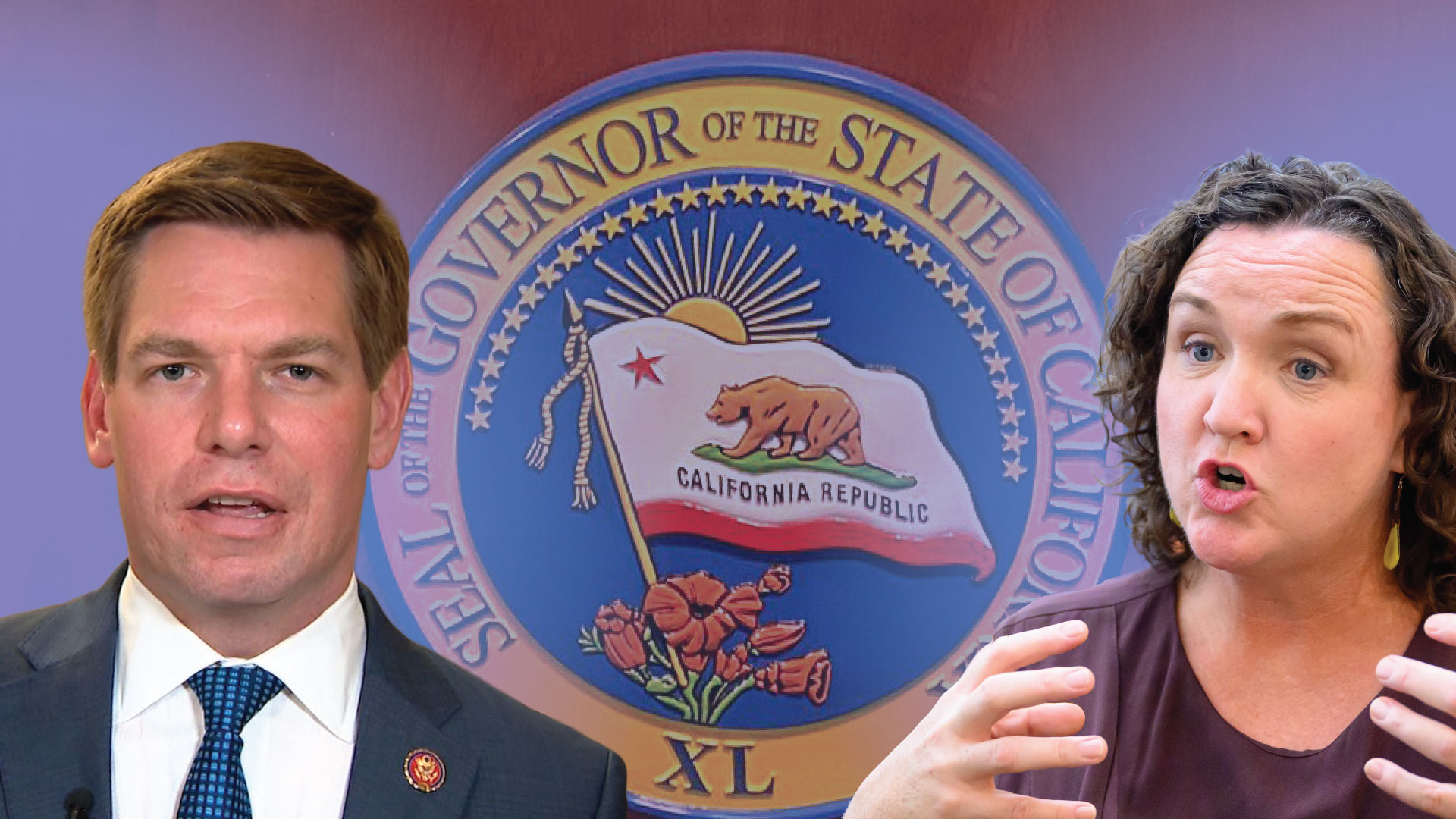
Image Credit:
Canva
A new ballot petition aims to increase the California minimum wage to $18 an hour, but will it do more harm than good?
The “Living Wage Act of 2022,” as the petition is designated, needs 700,000 signatures to get on the November ballot. The measure aims to build on the state’s current $15 per hour minimum wage, which went into effect on January 1st for employers with 26 or more employees.
Carl DeMaio, chairman of Reform California, argues that the proposed ballot measure is a “fatally flawed proposal with terrible timing that will actually eliminate jobs and hurt working families.”
DeMaio points to a 2021 report from the Congressional Budget Office found that raising the federal minimum wage to $15 an hour nationally would cause 1.4 million job losses. California already has a $15 an hour minimum wage and trails the nation in job creation and has the highest share of people living in poverty of any state.
In another study, economists David Neumark and Peter Shirley analyzed minimum wage hikes across the country since 1992 and found that 79.3% of cases led to a negative effect on employment, particularly for young adults and less-educated employees — the very group that minimum wage jobs are supposed to help.
“The Democrats claim we need to increase the minimum wage because ‘no low income family can afford to buy a house and send their kids to college on minimum wage,’” said DeMaio. “Well no duh — no one is supposed to be able to afford to do all that on the minimum wage because it’s meant to be an introductory job for you to get skills and a foot in the door to work your way up,” he continued.
Not only does a minimum wage hike effectively cut these introductory jobs, but it cuts employee hours and raises consumer prices to offset employer costs.
Seattle’s minimum wage increases in recent years offer an example of these effects, with employers like Uber and Lyft raising prices by 25-50%.
Jennifer Romich, a University of Washington social policy researcher, found that Seattle’s 2015 wage hike “reduced hours worked in low-wage jobs by 6-7 percent, while hourly wages in such jobs increased by 3 percent ... consequently, total payroll for such jobs decreased.” That means employers were paying less in payroll overall by cutting hours and employees than if there had been no hike in the first place.
“Most of the time when the government intervenes, things go horribly wrong — and the minimum wage is a prime example,” said DeMaio. “The labor market is the best way to achieve wage growth as you want to let companies compete for employees by their individual means, and if an employee wants to make more then they can get experience or skills to show prospective employers their value,” explained DeMaio.
DeMaio’s market-based approach would also prevent cuts to jobs, hours, and the shuttering of businesses that can’t afford wage increases.
DeMaio and his group Reform California say politicians are trying to manipulate voters into supporting the minimum wage hike initiative by giving it a favorable ballot titles of the “Living Wage Act of 2022.” DeMaio says the title is argumentative and doesn’t communicate the real effects of the measure.
“I could just as easily put the title of ‘Eliminates Entry-Level Jobs Act of 2022’ on this measure - but that would be equally argumentative and unfair,” DeMaio says.
That’s why Reform California is working on an initiative to pursue honest ballot titles. By passing a citizens reform initiative, voters can be guaranteed an unbiased and truthful description of these measures.
Carl DeMaio is asking all Californians to join the campaign today to pursue ballot title reform and get the truth about these petitions and minimum wage hikes out to voters.
Join the Campaign: Fix Misleading Ballot Titles like the “Living Wage Act”

.png)
